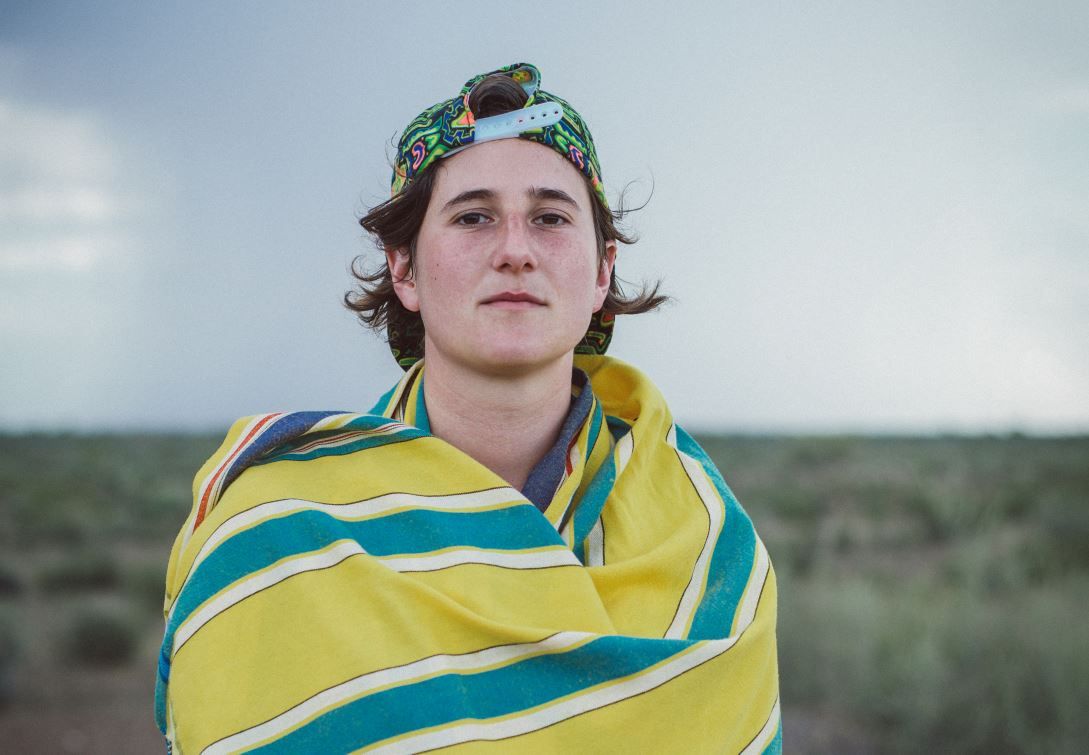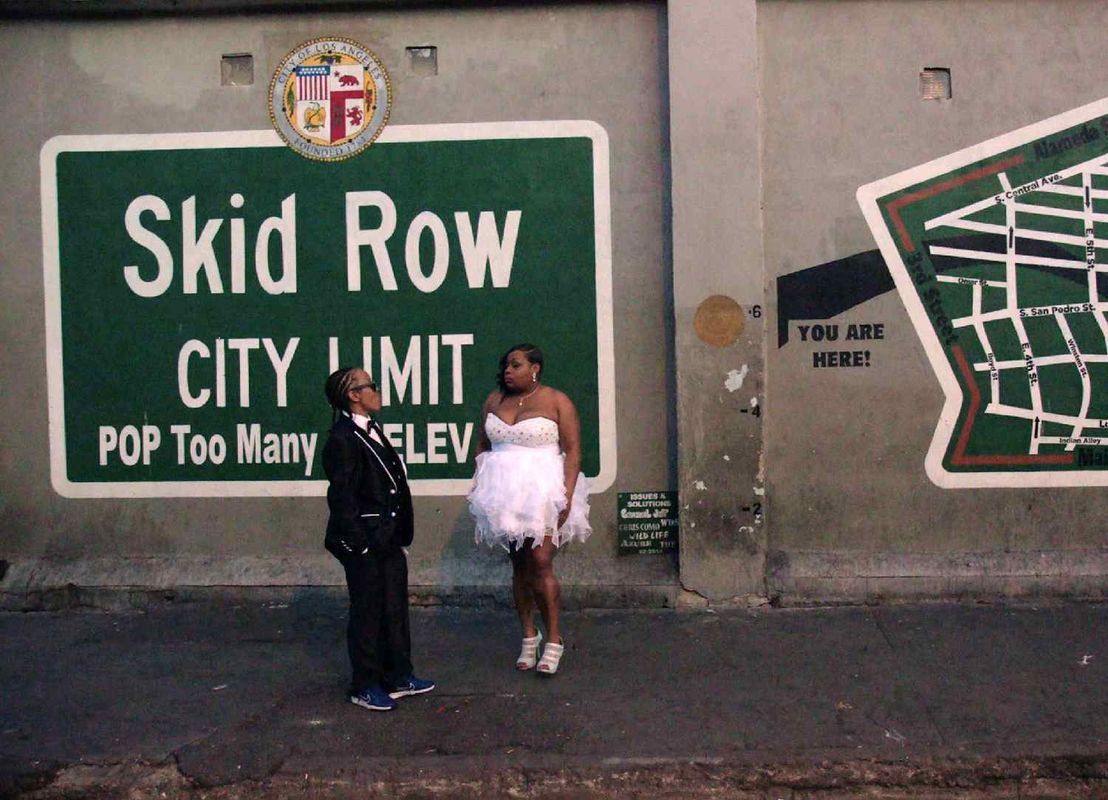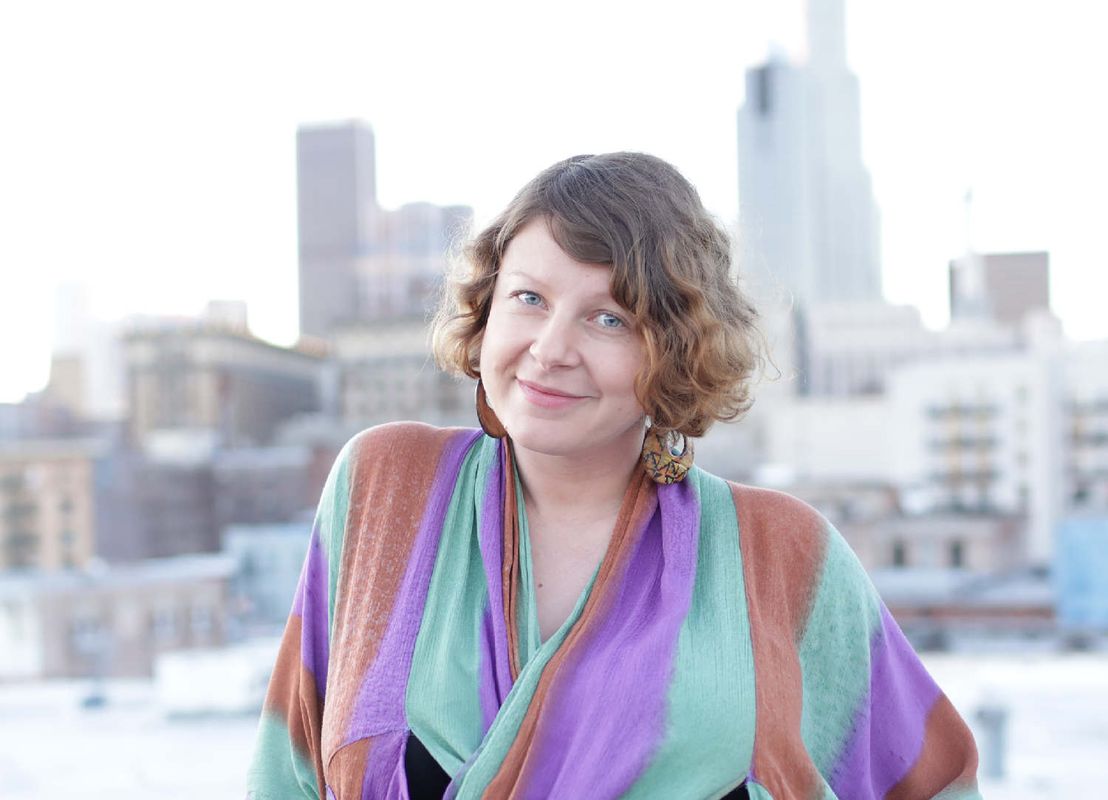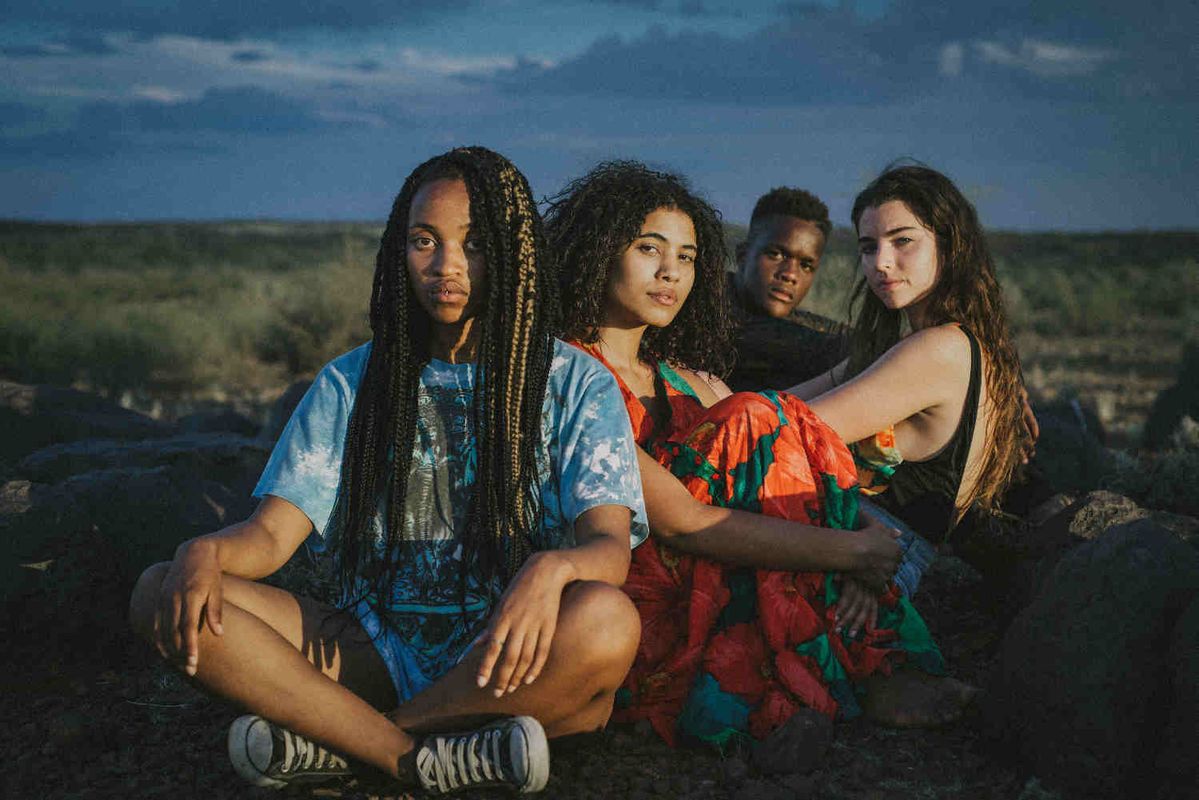Interview with Alums Jenna Bass and Alina Skrzeszewska
Having directed films selected for this year’s festival, two alumnae talk shop on what it means to work in, and sometimes struggle to reform, the industry today.
What does collaboration mean to you as a director?
JB: Despite sometimes feeling like the loneliest job in the world, collaboration is everything in directing. You’re collaborating with your cast, your team, not to mention your characters (who all end up having their own opinions) and your audience (real or perceived). I don’t think I knew much about directing until I started listening to other people. It’s still like hosting a party – but it’s a pot-luck party where everyone brings their own dish. It’s up to the director to make sure everyone has good memories at the end.
What are the biggest challenges you face as a director in South Africa?
JB: The challenges facing me as a white South African director are not necessarily the same as those faced by other filmmakers in this country. I may struggle to get my films made, but I’ve had a great deal more opportunities than those afforded to my black contemporaries. This is unacceptable. Transforming our industry into one that is accessible to all is good for everyone. We need to radically transform the way our films are distributed locally. The South African film industry will not be viable unless South Africans can watch films, films that truly represent them.




How optimistic are you about the opportunities for women in an industry that remains largely male dominated?
AS: I operate in the realm of documentary film, where women are not quite as drastically underrepresented as in other areas of media production. Not coincidentally, documentary is a field with very, very little money. More money usually means more men and fewer women, and vice versa, just like it does across the professional spectrum. Women who manage to make successful low-budget films still don’t receive the same opportunities to jump to mainstream studio production with larger budgets. As women, I suppose we’re having a moment right now, with the various strands of activism that emerged after the 2016 election in the US, and I do believe the energy will be channeled into more opportunities, at least for some.
As a Polish filmmaker in the US, how has your experience as an expatriate or migrant shaped your work?
AS: The experience of migration lies at the core of my identity. I was five when my parents, my sister and I fled Poland for West Germany, leaving behind the rest of the family and everything we owned. Growing up, I felt a sense of alienation and vulnerability when observing my parents in the context of their new surroundings in Munich. I also experienced the duality in my own identity as a burden. How Polish was I? How German? I later left Germany for Los Angeles, [where] none of that initially seemed to matter. There was so much cultural diversity. I could fit in. My goal is to use this perspective as an asset, to make inclusive cinema, cinema that is not constricted by borders.